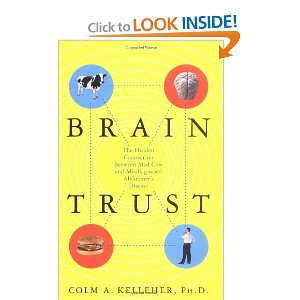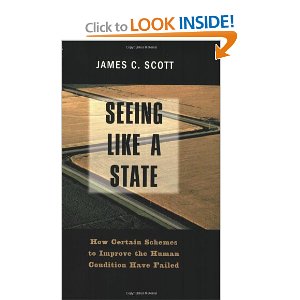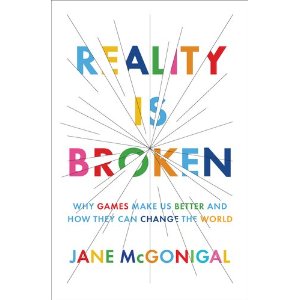
Dr. Colm A. Kelleher
5.0 out of 5 stars As a neurologist, I found it frightening, November 21, 2004
By Stephen Wong (Pennsylvania, USA) – See all my reviews
As a trained neurologist working at a school of medicine, I thought I had a fairly good understanding of BSE and its human counterpart, nvCJD. But clinical knowledge is only one piece of the puzzle.
Drawing upon epidemiologic, forensic, political, medical, scientific, and historical sources, the author has provided a truly chilling account of the importation of prion disease samples from the small cannabalistic Fore tribe in New Guinea for U.S. animal experimentation in the 1950's and '60's, with credible links to the current epidemic of animal prion disease in North America (CWD or chronic wasting disease, TME or transmissible mink encephalopathy, and BSE), as well as the current epidemic of Alzheimer's disease in developed countries (i.e., those eating mass-produced livestock). The author also speculates that the cattle mutiliations in North America in the past few decades may have been programs designed for the surveillance of prions within the nation's food supply.
Some disturbing points made in the book are:







